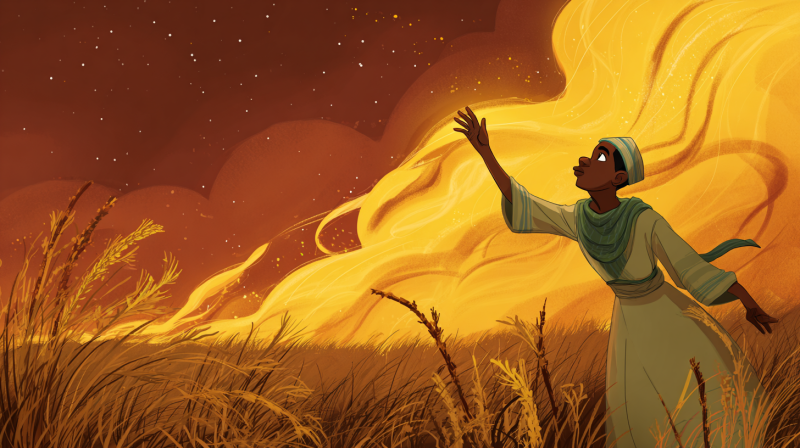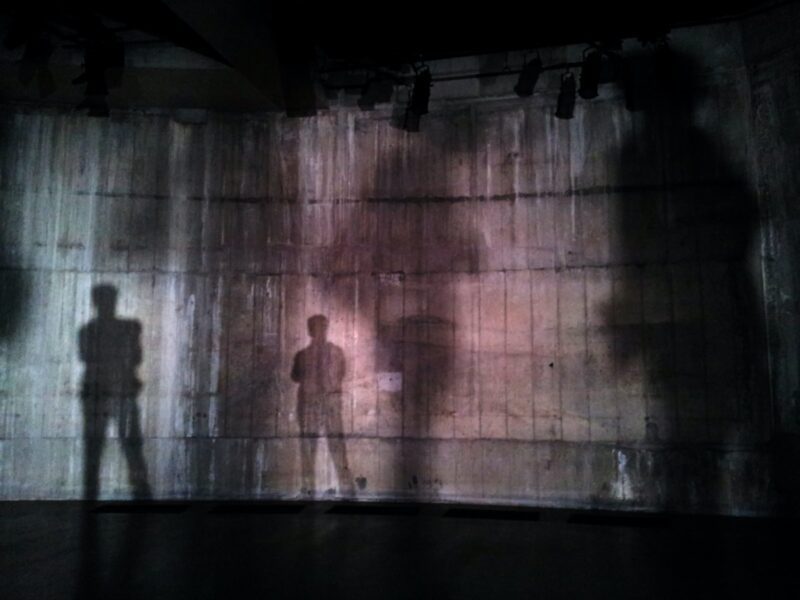THE FEAR OF DEATH
To many, this is the worst of the six basic fears, and the reason for this is evident to even the most cursory student of psychology.
The dreadful pains of the fear linked with DEATH can be directly attributed to religious fanaticism, which is more responsible than all other sources combined.
So-called “heathens” are less terrified of DEATH than the “civilized,” particularly that segment of the civilized population that has been influenced by theology.
For hundreds of millions of years, man has asked the still unsolved (and possibly unanswerable) question, “WHY?” as well as “How did I get here, and where am I going after death?”
The race’s most shrewd and crafty members, as well as the honest but credulous, have not been slow to respond to these questions. In fact, answering these queries has become one of the so-called “learned” professions, despite the fact that little formal education is required to enter this field.
Witness, now, the primary source of the fear of DEATH!
“Come into my tent, embrace my faith, accept my dogmas (and pay my salary), and I will give you a ticket that will admit you straight into heaven when you die,” promises one sectarianism leader. “Remain out of my tent,” continues the same leader, “and you will go directly to hell, where you will burn eternally.“
While the self-appointed leader may not be able to provide safe conduct into heaven or, in the absence of such provision, allow the unfortunate seeker after truth to descend into hell, the possibility of the latter seems so terrifying that it seizes the mind and creates that most terrifying of fears, the fear of DEATH!
In reality, no one knows, and no one has ever known, what heaven or hell is like, or whether such places exist, and this lack of precise information allows the charlatan to penetrate and manipulate the human mind with his supply of legerdemain and various kinds of trickery, deceit, and fraud.
The fact is that NO MAN KNOWS NOR HAS MAN EVER KNOWN WHERE WE COME FROM AT BIRTH OR WHERE WE GO AT DEATH. Anyone who claims differently is either misleading himself or is a purposeful fake who makes it a business to exist without giving valuable service by preying on humanity’s credulity.
Be that as it may, the bulk of individuals engaged in “selling tickets into heaven” think not only that they know where heaven exists but that their creeds and formulas will grant safe entry to everyone who embraces them.
This conviction may be summed up in a single word: CREDULITY!
Religious leaders, in general, make the broad, sweeping argument that the current civilization exists because of the work of the churches. As far as this author is concerned, he is ready to grant their assertions to be valid if he is allowed to add that even if this claim is true, theologians don’t have much to brag about.
But it is not—and cannot be—true that civilization sprang from the efforts of organized religions and creeds, if by “civilization” is meant the discovery of natural laws and the numerous inventions to which the world is now heir.
If theologians want to claim that portion of civilization that has to do with man’s behavior toward his fellow man, they are welcome to do so as far as this author is concerned; nevertheless, if they want to claim credit for all of mankind’s scientific discoveries, the author begs to differ.





